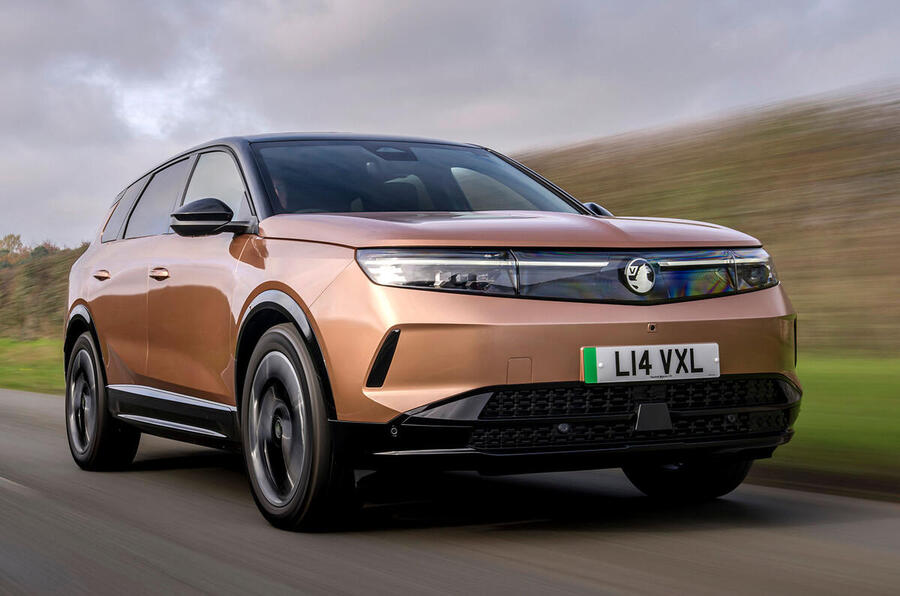The UK government has confirmed it will reintroduce grants for new electric cars, offering discounts of up to £3750.
The new Electric Car Grant, backed by £650 million of government funding, will apply to certain new EVs that are priced at or below £37,000.
A Department for Transport (DfT) spokesperson told Autocar that the discounts could be applied to new EVs as of Wednesday (16 July).
It comes three years after the previous, Conservative-led government axed the Plug-in Car Grant (PiCG), which offered a fixed £1500 off list prices on EVs priced below £32,000.
Since then, demand for new EVs has fallen short of the rise that was forecast at the time – and much of the car industry has recently called for support to stimulate the market, particularly for private buyers.
Compared with the PiCG's fixed £1500 discount, the value of the new Electric Car Grant offered on each model will depend on sustainability criteria, which the government has yet to disclose. Cars deemed to be in “band one” will be discounted by the full £3750 while those in “band two” will receive up to £1500.
The spokesperson said bands (which could expand beyond two) are determined by how much CO2 is emitted in an EV's production, assessing the energy used in vehicle assembly as well as battery manufacturing. Threshold levels have yet to be made public.
They added that contrary to some reports, UK-made vehicles – such as the Citroën ë-Berlingo and from later this year the next-generation Nissan Leaf (pictured below) – would not be given additional benefits. "All products are assessed under the same framework," they said.
![]()
The grant will only be offered to manufacturers that have verified science-based targets (SBTs) for carbon reduction and that have emissions scores below a threshold that the government has also yet to define.
When asked for clarification on these sustainability criteria and emissions scores, the spokesperson said: "An SBT [that we consider verified] is one that has been validated by the Science Based Target initiative [SBTi]. Scores are relative to an index based on the carbon intensity of different [power] grids."
Unlike the previous PiCG, car buyers will not have to apply for the grant themselves. Instead, it will fall on manufacturers to submit their EVs for inclusion in the scheme, based on the government’s criteria.










Join the debate
Add your comment
Świetna wiadomość dla osób planujących przesiadkę na samochód elektryczny – każda forma wsparcia się liczy! A skoro już mówimy o nowoczesnej technologii, warto też zadbać o swój telefon i pobrać darmowe dzwonki na telefon mp3 z dzwonki.org – szybki sposób, by nadać smartfonowi indywidualny charakter.
Whilst i am against these tax payer funded incentives, if they do get more EVs registered, its MUCH worse than that. The loss of the tax on fuel is the real cost. with current petrol prices we pay about 10p per mile in tax assuming 35 mpg. Over 150,000 miles the governemt lose almost £15,000 compared to a home charged EV, not to mention a loss of the tax on the oil producers, petrol stations, and the jobs they provide. All that tax needs to be made up, mainly by people who dont drive an EV. And of course, if that EV is a company car the tax loss is MUCH bigger again. That £3,750 is just the tip of the iceburg
EVs are expensive new, but they cost an awful lot more to everyone who doesnt drive an EV.
great , more tax payer money subsidising China!